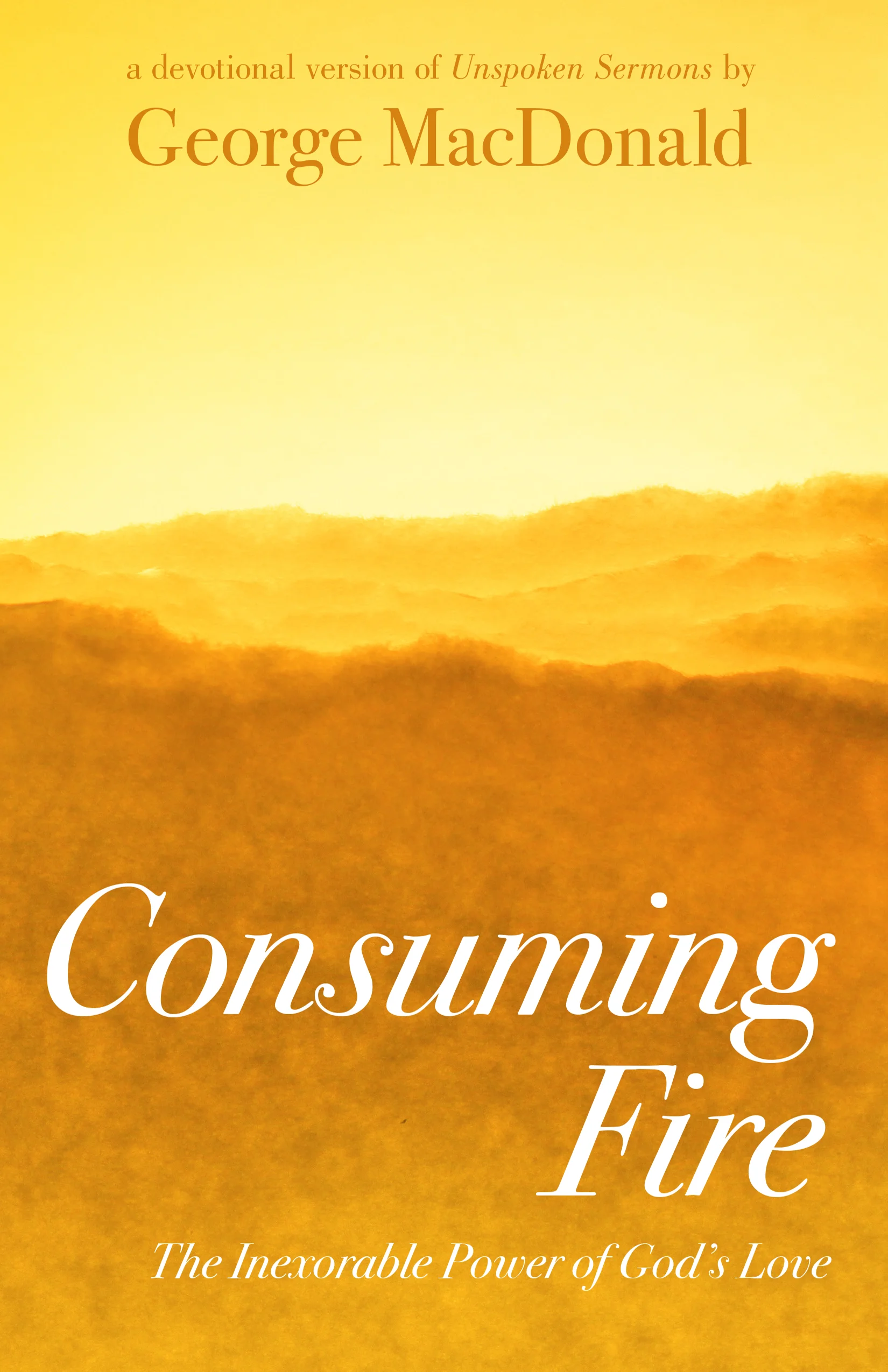“But ye did not so learn Christ; if so be that ye heard him, and were taught in him, even as truth is in Jesus: that ye put away, as concerning your former manner of life, the old man, which waxeth corrupt after the lusts of deceit .
”
No preaching of any plan of salvation is the preaching of the glorious gospel of the living God. Even if a plan, a theory, were absolutely true, the holding of it with sincerity, the trusting in this or that about Christ, or in anything he did or could do, the trusting in anything but himself, his own living self, is a delusion. Many will grant this heartily, and yet the moment you come to talk with them, you find they insist that to believe in Christ is to believe in the atonement, meaning by that only and altogether their special theory about the atonement; and when you say we must believe in the atoning Christ, and cannot possibly believe in any theory concerning the atonement, they go away and denounce you. Because I refuse an explanation which is not in the New Testament, though they believe it is, because they can think of no other, one which seems to me as false in logic as detestable in morals, therefore I am not a Christian! I do not say that with this sad folly may not mingle a potent faith in the Lord himself; but I do say that the importance they place on theory is even more sadly obstructive to true faith than such theories themselves. While the mind is occupied in enquiring, “Do I believe or feel this thing right?” the true question is forgotten: “Have I left all to follow him?” To the man who gives himself to the living Lord, every belief will necessarily come right; the Lord himself will see that his disciple believe aright concerning him.
Commentary
by Earle Canty
I must start by saying that I disagree with MacDonald’s assertion that “no preaching of any plan of salvation is the preaching of the glorious gospel of the living God.” In Matthew 20:28, Jesus speaking to his apostles said “just as the Son of Man did not come to be served, but to serve, and to give His life a ransom for many.” Then at the Last Supper as He instructed the apostles regarding the bread and the wine, Matthew 26:27-28 says “Drink from it, all of you; for this is My blood of the covenant, which is poured out for many for forgiveness of sins.”
I believe that MacDonald’s concern was the focus that a believer should have. He was concerned that the focus would be on a theory of the atonement rather than living in accordance with God’s will for our lives. I agree with MacDonald regarding the need to focus on leaving all to follow Him. Obedience to God’s will for our lives is absolutely essential for us to be of any use to God, to bear any fruit for His Kingdom.
The Old Covenant was based on the atonement of individuals. Atonement involved the sacrifice of innocent animals by the priesthood as the propitiation for the sin of those on whose behalf the sacrifice was offered. The most sacred day of the Jewish year was (and still is) Yom Kippur, the Day of Atonement. On that day, the Jewish people prayed to God for forgiveness of the sins they had committed during the past year and asked to be subscribed in the Book of Life for another year. Israel’s history until the time of Jesus was replete with short periods of obedience followed by long periods of disobedience (sin). When Jesus came, Israel had been left by God to endure the consequences of their disobedience and was under the rule of the Roman Empire.
The New Covenant radically changed the relationship between God and man. Jesus died on the cross as the propitiation for the sins of man. He could not atone for sins He had not committed; His death was an atonement for our sins. Jesus balanced an inviolable equation. God’s righteousness had to be satisfied. The sins of man had to be offset by payment for those sins. Jesus went to the cross as the substitute for man, but the payment was only attributed to those who believed in His message that He was the way, the truth, and the life {John 14:6}. In Matthew 16:24, Jesus told his disciples, “If anyone wishes to come after Me, let him deny himself, and take up his cross, and follow Me.” Jesus’s death and resurrection is meaningless without this simple, but extraordinarily difficult, surrender of our plan and obedience to The Father’s will for our life.
As this hymn so beautifully conveys, we need to surrender all to Jesus:
https://www.hymnal.net/en/hymn/h/441

